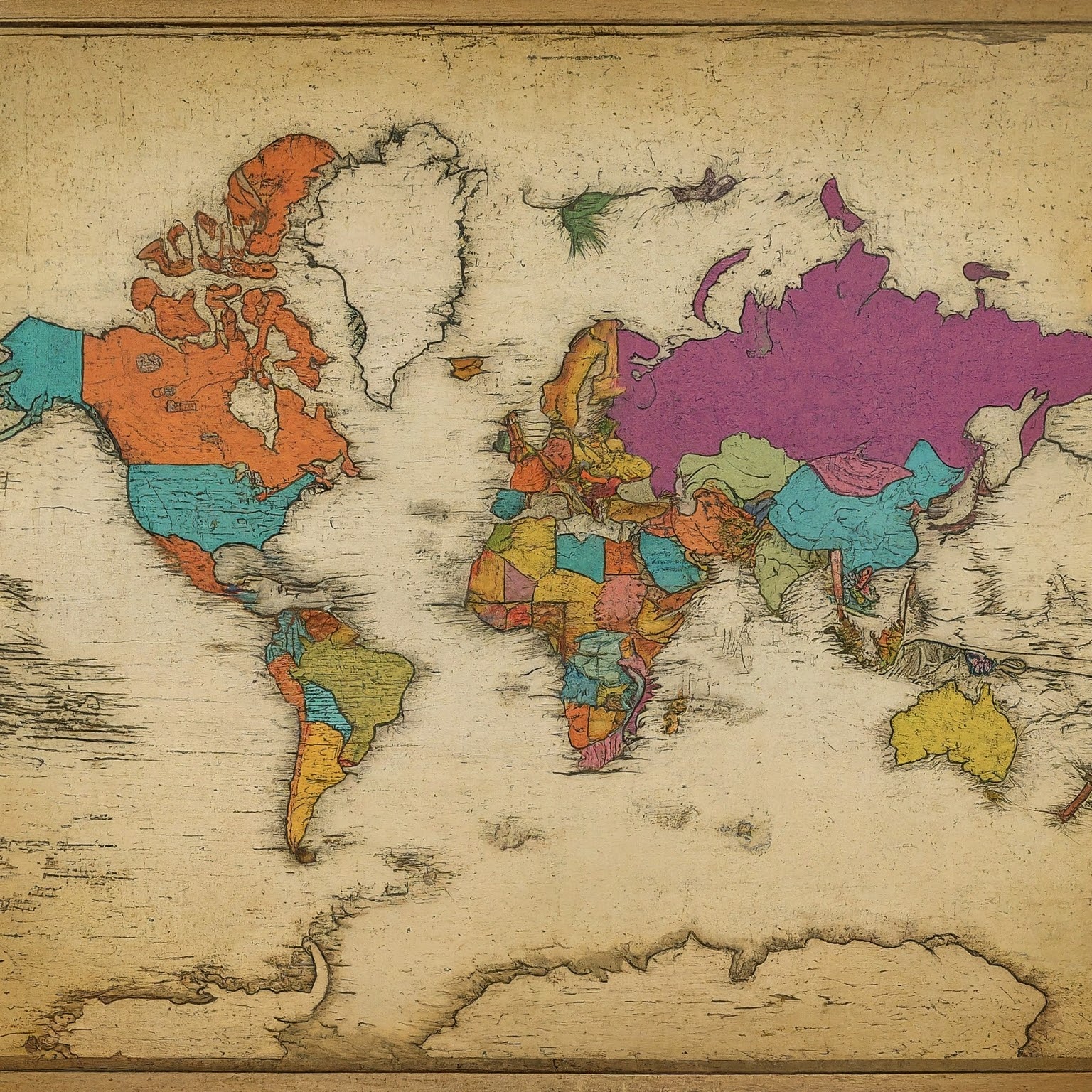In our increasingly interconnected world, where communication transcends borders and distances, country codes play an indispensable role in facilitating seamless connectivity. These seemingly simple numerical prefixes, assigned to each country or territory, are the linchpin of the global telecommunication network, enabling us to effortlessly dial international phone numbers and access online services from virtually anywhere. In this exclusive article, we delve into the fascinating realm of country codes, exploring their origins, significance, structure, usage, and the challenges and opportunities they present in the digital age.

Origins and Evolution of Country Codes
The concept of country codes emerged in the early 20th century as international telecommunication began to flourish. The need for a standardized system to identify and route calls across borders became apparent, leading to the development of the International Telecommunication Union’s (ITU) E.164 standard. This standard defines the international public telecommunication numbering plan, which includes country codes, area codes, and local phone numbers.
Initially, country codes were assigned based on a country’s alphabetical order. However, as the number of countries and territories participating in the global telecommunication network grew, this system proved unsustainable. To accommodate the increasing demand for phone numbers, the ITU adopted a more flexible and scalable approach, assigning country codes based on geographical regions and available numbering resources.
Today, country codes are an integral part of the global telecommunication infrastructure, enabling seamless communication across borders and facilitating the exchange of information and ideas on a global scale.
The Significance of Country Codes
Country codes serve as the foundation of international dialing, acting as unique identifiers for each country or territory in the global telecommunication network. They enable us to dial international phone numbers accurately and efficiently, ensuring that our calls reach their intended destinations.
Beyond their role in voice communication, country codes also play a crucial role in other aspects of modern communication, such as:
- Text Messaging (SMS): When sending international text messages, including the correct country code is essential for successful delivery.
- Online Services and Applications: Many online platforms and applications require users to provide their phone numbers for verification or two-factor authentication purposes. The country code is a crucial component of this process, ensuring accurate identification and validation of phone numbers.
- E-commerce and International Business: Country codes are vital for businesses operating in the global marketplace, enabling them to establish international phone numbers, process payments, and communicate with customers and partners across borders.
- Emergency Services: In emergency situations, providing the correct country code when calling for help can be crucial, ensuring that emergency responders can quickly and accurately locate and assist you.
Structure and Assignment of Country Codes
Country codes are typically one to three digits long and are assigned by the ITU based on geographical regions and available numbering resources. The E.164 standard defines the structure of international phone numbers, including the country code, area code (if applicable), and local phone number.
For example, a typical international phone number would look like this:
+ [country code] [area code] [local phone number]
- The plus sign (+) indicates that the following digits are an international phone number.
- The country code identifies the country where the phone number is located.
- The area code (if applicable) identifies a specific region within the country.
- The local phone number is the unique number assigned to the subscriber within the area code.
Using Country Codes: International Dialing
When making an international call, dialing the correct country code along with the area code and local phone number is essential. The general format for international dialing is:
+ [country code] [area code] [local phone number]
For example, to call a number in London, you would dial:
+44 20 7123 4567
It’s important to note that some countries may have specific dialing rules or require additional prefixes for certain types of calls, such as mobile phone numbers or toll-free numbers.
Challenges and Opportunities in the Digital Age
While country codes have served us well for decades, the digital age presents both challenges and opportunities for their continued relevance and effectiveness.
Challenges
- VoIP and Virtual Numbers: The rise of Voice over Internet Protocol (VoIP) and virtual phone numbers has blurred the lines between traditional geographic boundaries and phone numbers. VoIP services often allow users to choose area codes that may not correspond to their physical location, while virtual numbers can be assigned to any country code, regardless of the user’s actual location. This can create confusion and challenges in identifying the true origin of a call.
- Number Portability: Number portability, which allows users to keep their existing phone number when switching service providers, can also complicate the identification of the correct country code associated with a particular number.
- Fraud and Scams: The anonymity and global reach of the internet have facilitated the rise of phone scams and fraudulent activities that exploit the country code system. Scammers may spoof caller IDs or use international numbers to deceive unsuspecting victims.
Opportunities
- Enhanced Connectivity: The proliferation of smartphones and internet-based communication tools has expanded the reach and accessibility of global communication. Country codes continue to play a vital role in facilitating these connections, enabling us to communicate with people from all corners of the globe.
- E-commerce and Global Business: The growth of e-commerce and international business has created new opportunities for businesses to expand their reach and connect with customers worldwide. Country codes are essential for establishing international phone numbers, processing payments, and complying with local regulations.
- Innovation and Technological Advancements: The evolution of telecommunication technologies, such as 5G and satellite internet, presents opportunities for further innovation and improvement in the country code system, ensuring its continued relevance and effectiveness in the digital age.
Conclusion
Country codes are the unsung heroes of global communication, enabling us to connect with people and businesses across borders and distances. They serve as the foundation of international dialing, facilitating the routing of calls and ensuring that our messages reach their intended destinations. While the digital age presents challenges and complexities to the traditional country code system, its significance in facilitating seamless global connectivity remains undeniable.


